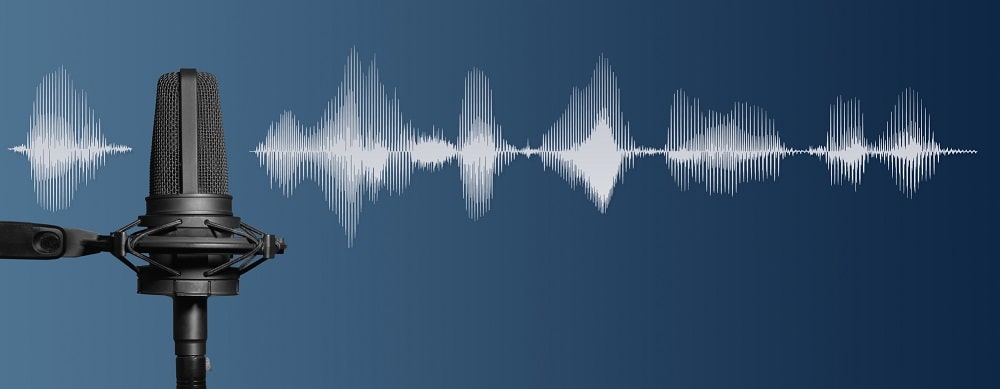The AI clones our voiceand then use it for video voiceovers: it’s called Augie and is the new platform developed by August X. Able to exploit theartificial intelligence and voice cloning, aims to streamline the video production process. And it offers marketers and social media teams a versatile and simple solution to create content. No need to book a recording studio, if not the first time.
Augie, AI clones voice and uses it for video voiceovers
As Emilia David tells on The Verge, the novelty comes from the collaboration with ElevenLabs e August X. The Augie platform, which allows users to create videos without the need to book a recording studio or to tackle complex audio and video editing processes, take advantage of voice cloning.
Jeremy Toeman, founder of Aug X, explains that many people feel uncomfortable speaking into a microphone or recording voiceovers. The platform allows you to overcome these barriers. Voice cloning allows users to record a short voice sequence that will be cloned and used for subsequent videos. “You would be surprised how many people who have used our voice cloning feature have come up to us and said thank you because they didn’t like recording narration,” he explains to The Verge.
Simple narratives, even if artificial
Augie leverages his interface user-friendly, which allows users to create videos in just a few steps. After wrote and uploaded a screenplay, users can selectand your own pre-recorded voice or choose one from Augie’s library. This cloned entry will read the script with the desired intonationgiving you the flexibility to choose between serious, enthusiastic, disturbing tones and more, based on the mood of the video.

Content creators or marketing teams can then record a voice sample, without having to narrate each video. Something that could speed things upalthough its quality remains to be assessed.
Plus, Augie offers a huge photo library, some of which are licensed from Getty. Users can enrich their videos using these images or generating them through artificial intelligence, further enriching the visual component of their content.
An emerging technology
Aug X launched Augie in public beta in May, and currently all users have access to voice cloning feature. However, Jeremy Toeman predicts that there may be one in the future limitation on the length and quality of the videosas well as the number of cloned entries available to non-paying users.
The practice of cloning voices is nothing new. Samsung allows people to use voice AI to handle calls. Furthermore, Apple introduced the Personal Voice feature in the beta versions of iOS 17, which allows users to record their voice for up to fifteen minutes. Subsequently, this recording is processed offline to create a copy to be kept on the iPhone. And then there are other companies such as Aug X who are taking this technology towards more advanced solutions.

However, there was also no shortage of criticisms to this technology, such as the use of rapper Drake’s voice, which has raised questions about deepfakes and copyright infringement.
“We have carefully evaluated the possible critical issues that could emerge and we are therefore extremely cautious about who can use the pre-recorded voices for cloning purposes“explains Toeman, the founder of Aug X.
Augie and the cloning of the voice: the ethical implications
Toeman adds that recorded voices, unlike those available in Augie’s extensive library, will be accessible only through individual accounts. This implies that if multiple people within the same organization want to use the same entry for cloning, each will have to re-record the spokesperson’s voice in your Augie account. Furthermore, users are not allowed to upload pre-existing recordings. And the platform will only accept voices recorded directly through a microphone in real time. This should help to only use people entries that allow you to do this.
In addition, the company is collaborating with its specialist voice cloning partner, ElevenLabs, to locate audio and video content generated by artificial intelligence. This way, it will make it easier to spot any deepfakes and abuse.
Butter what do you think of this technology And what implications could it have? Tell us about it in the comments.















Leave a Reply
View Comments